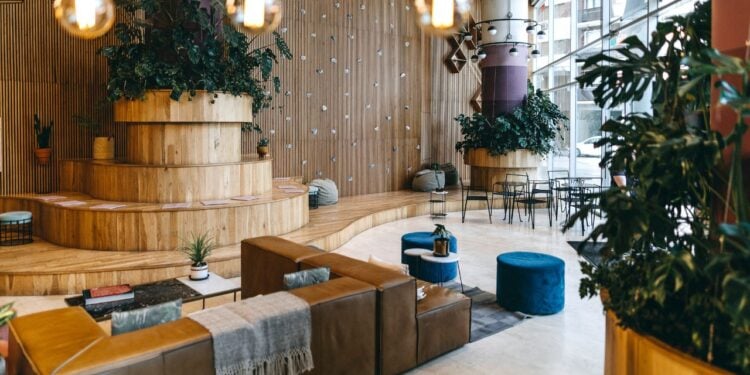Coworking spaces have emerged as the ideal solution for companies adopting flexible or hybrid work arrangements. Not only have they helped usher in the transition to more fluid work experiences, but it’s another way to attract and retain workers.
The latter point is perhaps the most important, as research indicates that employees are less-than-thrilled about the concept of returning to the office five days a week. Although it features its own downsides, the remote and flexible work experience in recent years has proven to be ideal for the modern workforce.
Fortunately, coworking spaces fill the gaps between pure remote work models and the desire to come into a professional setting on certain days of the week.
While the pandemic threatened the future of the coworking industry, the obstacles to working from home highlighted that there is still a need to be in an office at least some of the time. Coworking spaces provide just that, with companies able to take up memberships on a short-term basis and give their employees a fully-equipped place of solace closer to their homes.
Not only are these workspaces havens for productivity, they nourish collaboration unlike any other. Oftentimes, coworking spaces will feature professionals from all walks of life, including freelancers, corporate workers and more.
By interacting with a variety of workers, businesses can gain insight from other corners of the market and even collaborate with like-minded professionals.















